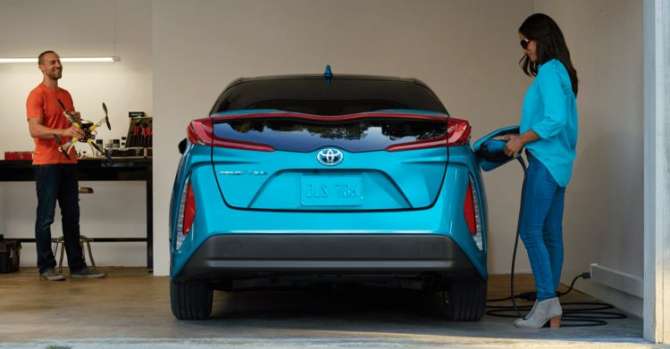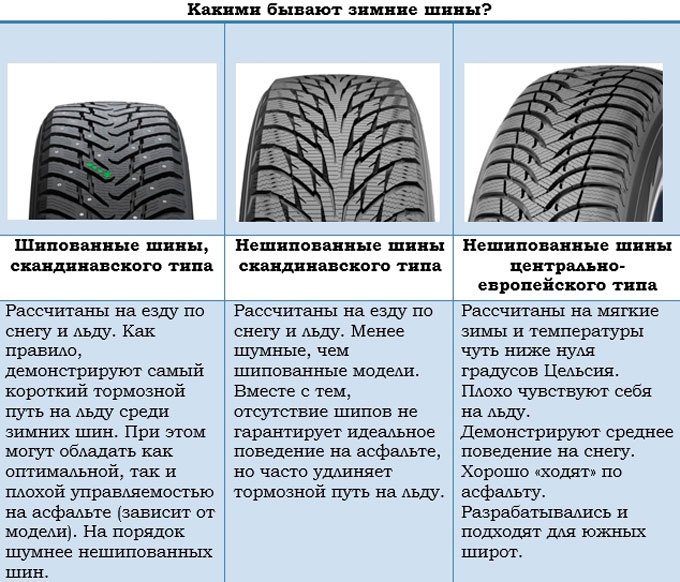
Electric cars vs hybrid cars
If you're evaluating the best fuel economy options on the market, you can consider both electric vehicles (EVs) and hybrids. Electric and hybrid vehicles are looking to move away from the gasoline engine to save owners money spent on fuel and reduce overall fuel emissions.
Both types of cars have both their advantages and disadvantages. The technology is newer, so infrastructure for electric cars is under development, and more complex battery systems can be expensive to maintain. However, there are some federal, state, and local tax credits for approved vehicles, as well as HOV/carpool lane access in certain areas.
When choosing between an electric vehicle and a hybrid, it is important to understand what qualifies them as a hybrid or electric vehicle, their differences, and the pros and cons of owning them.
hybrid vehicles
Hybrid vehicles are a combination of internal combustion engine (ICE) vehicles and plug-in electric vehicles. They are equipped with both a traditional gasoline engine and a battery. Hybrids get power from either both engine types to optimize power, or just one, depending on the user's driving style.
There are two main types of hybrids: standard hybrids and plug-in hybrids (PHEVs). Within the "standard hybrid" there are also mild and series hybrids, each of which is distinguished by the inclusion of electric vehicle technologies:
mild hybrids
Mild hybrids add a small amount of electrical components to an ICE vehicle. When descending or coming to a complete stop, such as at a traffic light, the mild hybrid's internal combustion engine may shut down completely, especially if it carries a light load. The ICE restarts on its own, and the vehicle's electrical components help power the stereo, air conditioning, and, on some models, regenerative braking and power steering. However, in no case can it work exclusively on electricity.
- Pros: Mild hybrids can save on fuel costs, are relatively light and cost less than other types of hybrids.
- Cons: They still cost more than ICE cars to buy and repair, and lack full EV functionality.
Series Hybrids
Series hybrids, also known as split-power or parallel hybrids, use a small internal combustion engine to drive the vehicle at high speeds and carry heavy loads. The battery-electric system powers the vehicle in other conditions. It strikes a balance between optimal internal combustion engine performance and fuel efficiency by activating the engine only when it is performing at its best.
- Pros: Perfect for city driving, stock hybrids only use gas for faster, longer trips and are often very affordable in terms of fuel efficiency and price.
- Cons: Due to the complexity of the electrical parts, stock hybrids remain more expensive than traditional cars of the same size and often have lower power outputs.
Plug-in hybrids
Plug-in hybrids can be charged at electric vehicle charging stations. While they still have internal combustion engines and use regenerative braking for battery power, they can travel long distances powered solely by the electric motor. They also have a larger battery pack compared to standard hybrids, making them heavier but allowing them to use electric power for more benefit and overall range.
- Pros: Plug-ins have an extended range compared to battery electric vehicles due to the additional gasoline engine, they are cheaper to buy than most electric vehicles, and cheaper to run than standard hybrids.
- Cons: They still cost more than standard hybrids and conventional ICE vehicles and weigh more than standard hybrids with a larger battery pack.
General expenses
- Fuel: Because hybrids run on both fuel and electricity, there are fossil fuel costs that can be limited depending on driving style. Hybrids can switch from electricity to fuel, giving them long range in some cases. For example, a driver is more likely to run out of battery before running out of gas.
- Maintenance: Hybrids retain all of the maintenance issues that owners of ICE vehicles face, in addition to the risk of battery replacement costs. They may be more cost effective when it comes to gas prices, but maintenance costs are similar to traditional cars.
Electric vehicles
According to Seth Leitman, an electric vehicle expert, the latest generation “delivers zero-emission vehicles with increased power, range and safety.” Electric vehicles are powered by a large battery, with at least one electric motor connected for power, and a complex system of battery management software. They are less mechanically complex than internal combustion engines, but have a more complex battery design. Electric vehicles have a higher all-electric power range than plug-ins, but do not have an extended range of gasoline operation.
- Pros: Electric vehicles have a low maintenance cost due to their simplicity of design and offer near-silent drive, cheap electric fuel options (including charging at home), and zero emissions.
- Cons: Still work in progress, electric vehicles are expensive and limited in range with long charging times. Owners need a home charger, and the overall environmental impact of worn out batteries is still unknown.
General expenses
- Fuel: Electric vehicles save owners money on fuel costs if they have a home charging station. Currently, electricity is cheaper than gas, and the electricity needed to charge a car goes to pay household electricity bills.
- Maintenance: Many of the maintenance costs of traditional vehicles are irrelevant to electric vehicle owners due to the lack of an internal combustion engine. However, owners still need to keep an eye on their tires, insurance, and any accidental damage. Replacing an electric vehicle battery can also be expensive if it wears out after the vehicle's battery warranty period.
Electric car or hybrid car?
The choice between an electric car or a hybrid depends on individual availability, which largely depends on driving style. Electric vehicles don't have the same benefits for frequent long-distance commuters compared to plug-in hybrids or even combustion-powered vehicles. Tax credits and rebates apply to both electric and hybrid vehicles, but the total amount of savings varies by state and locality. Both reduce emissions and reduce the use of gasoline engines, but the pros and cons remain for both types of vehicles. The choice depends on your driving needs.

